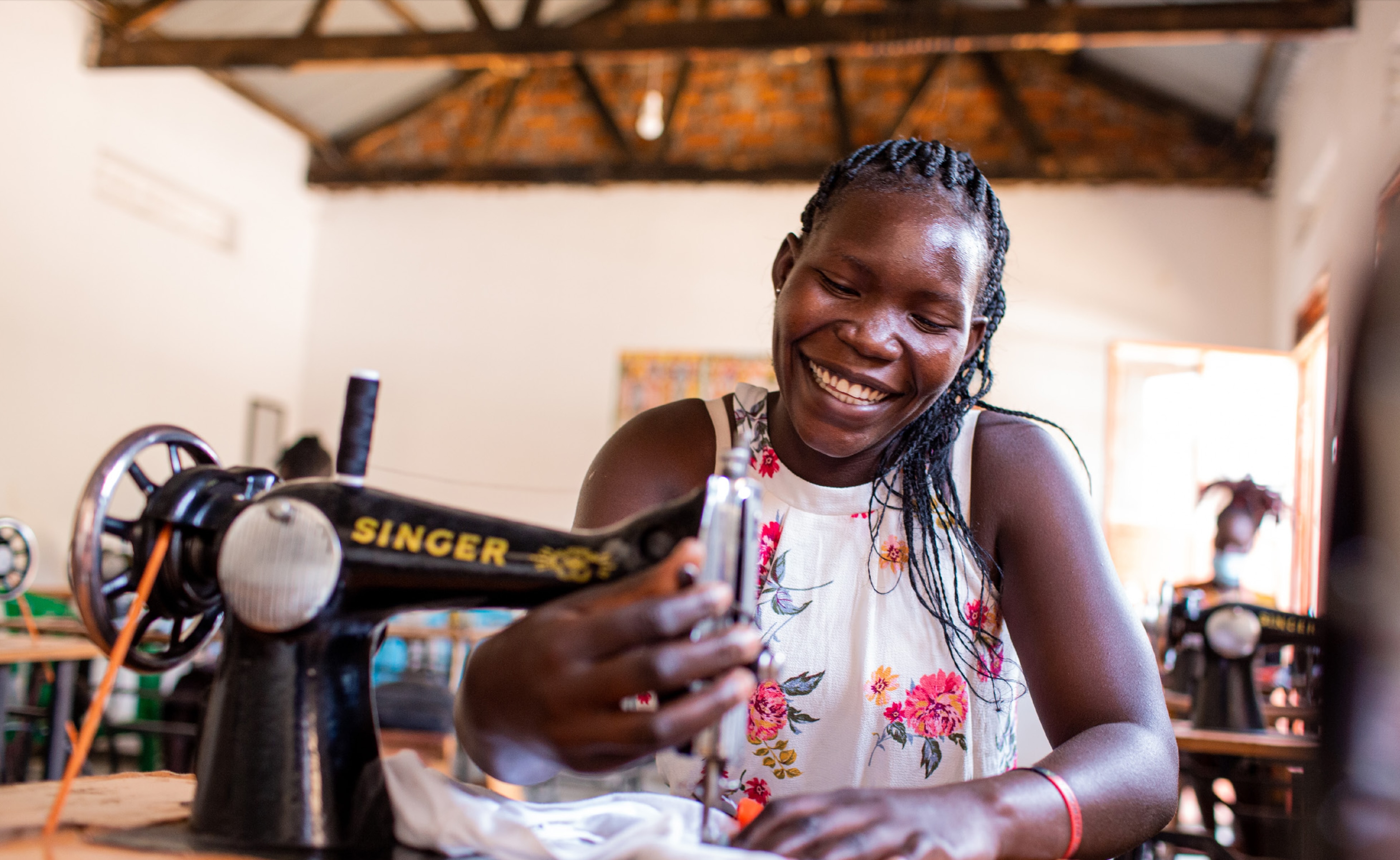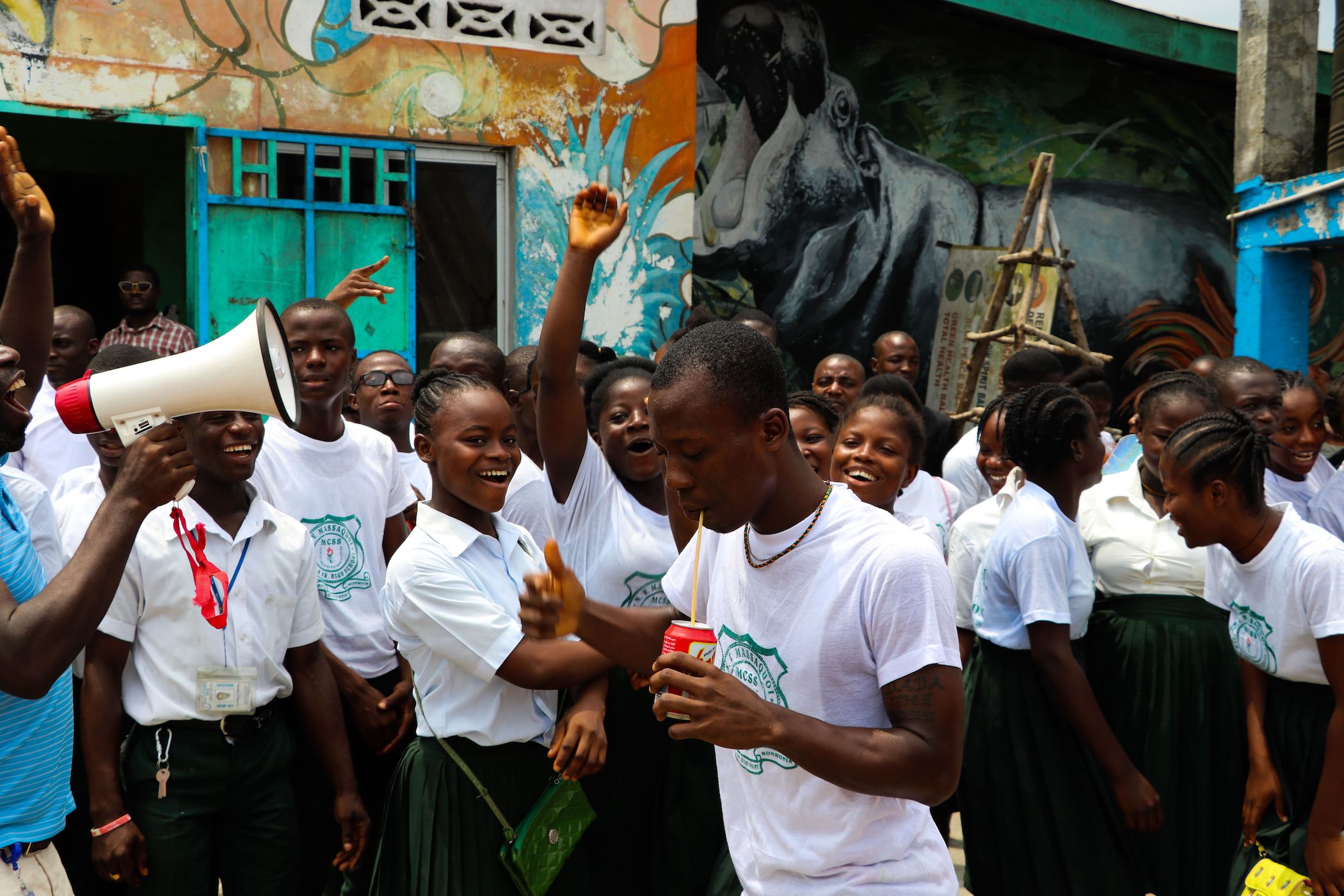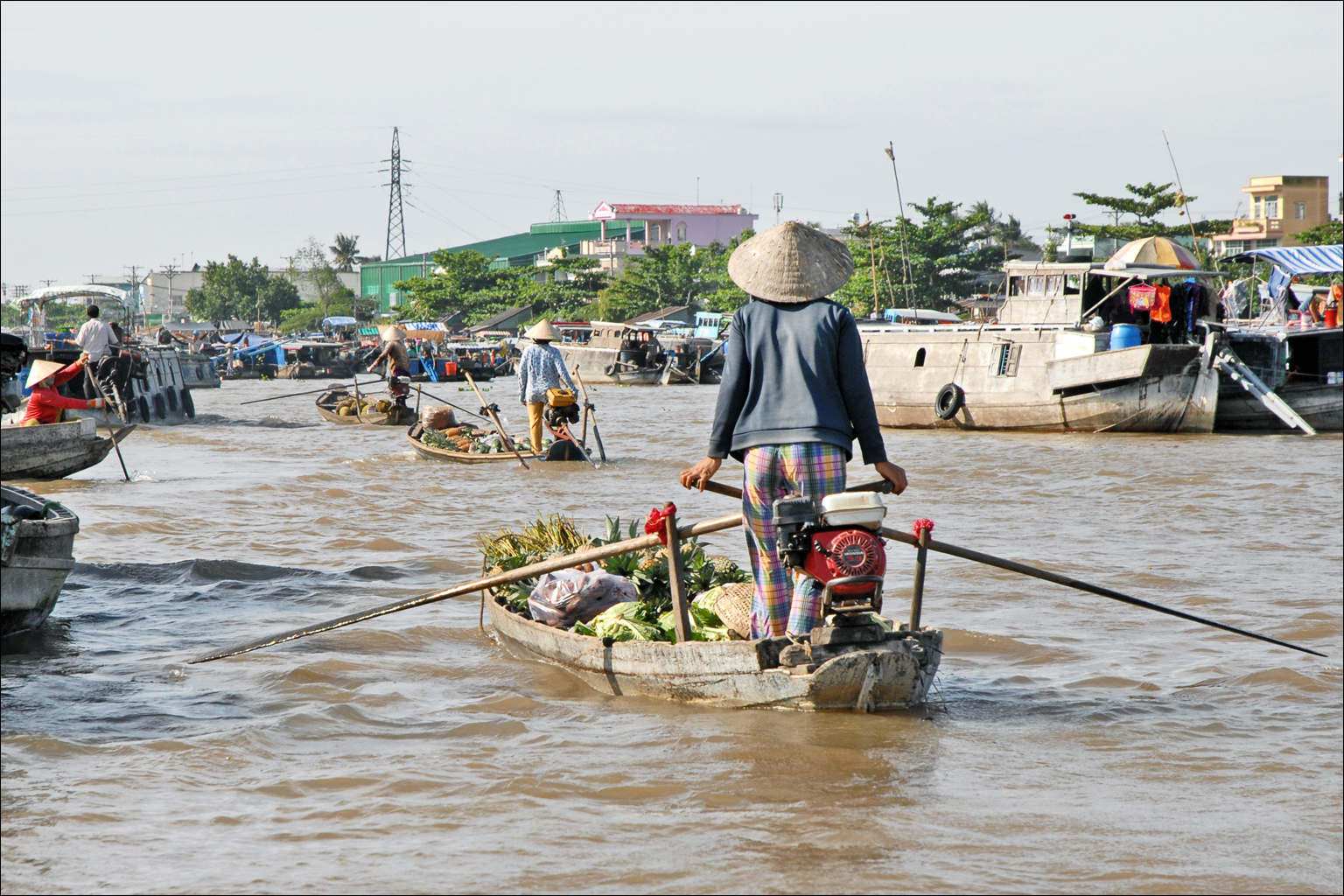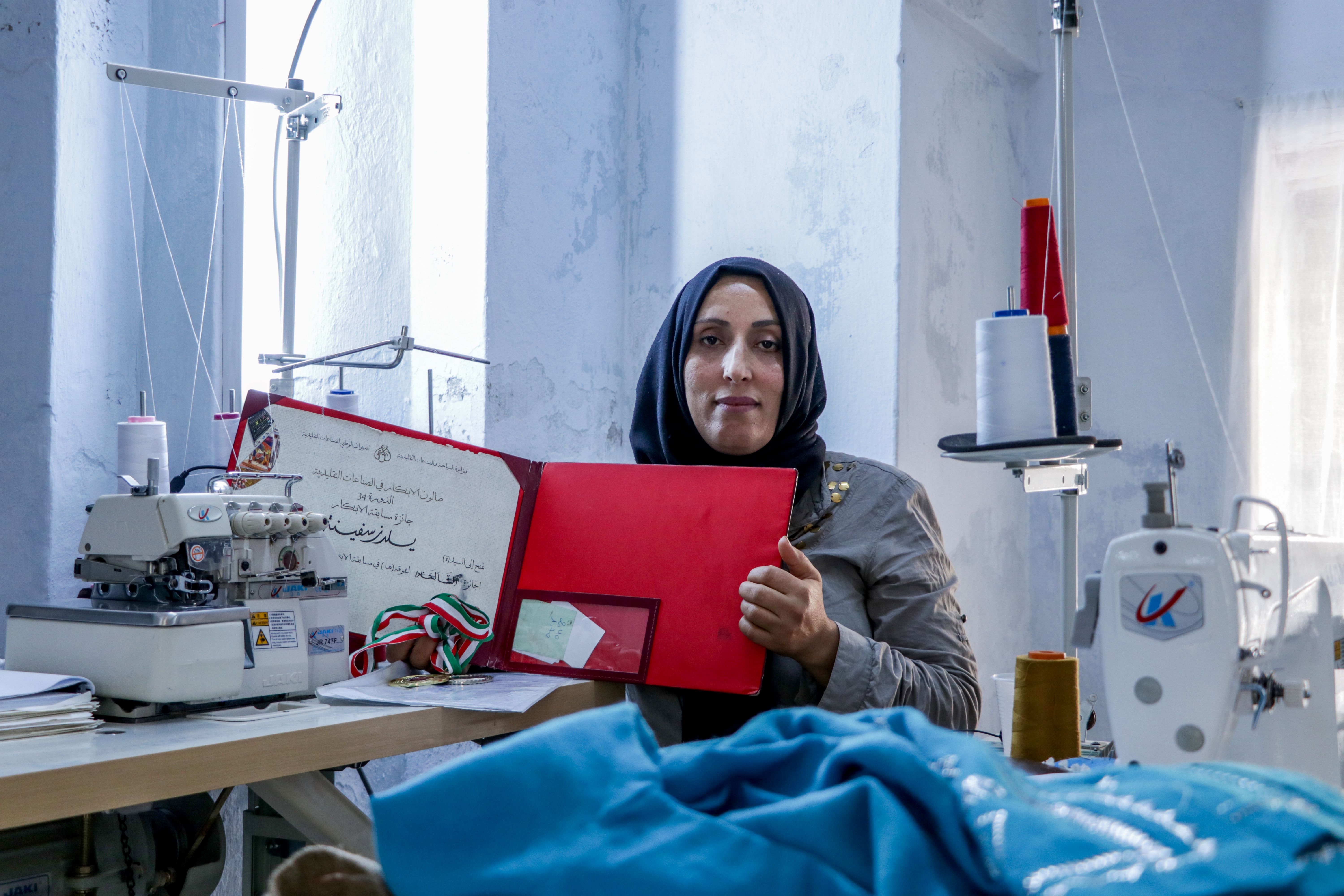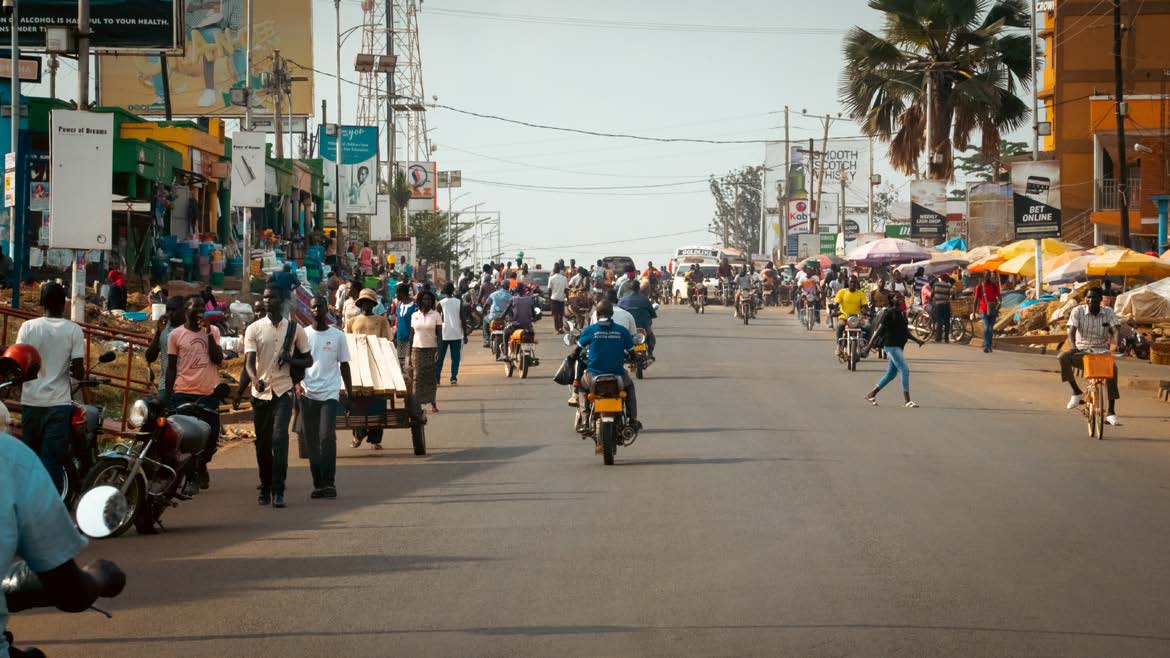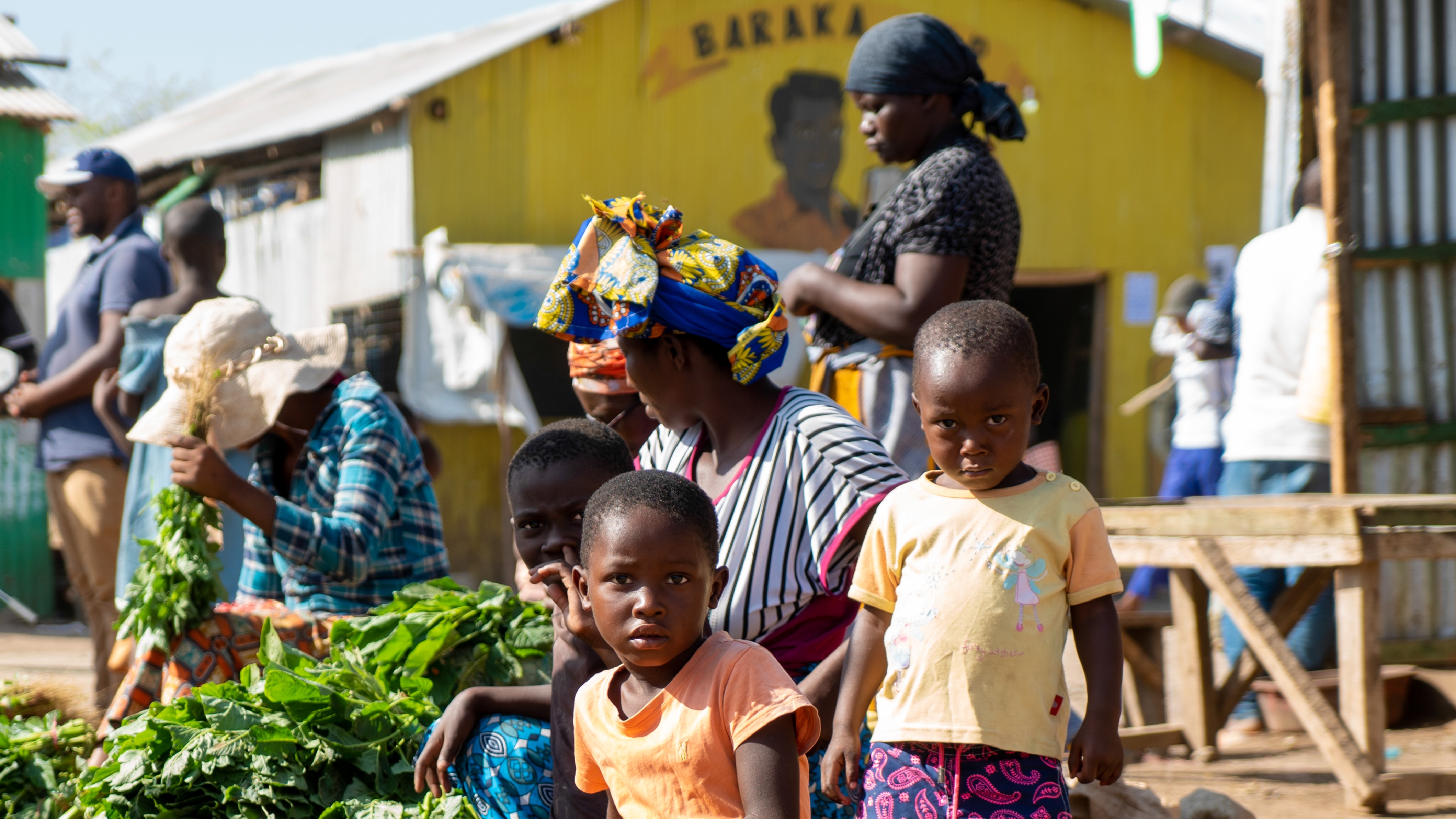Approach
The Resilient Systems of Secondary Cities and Migration Dynamics programme focuses on a territorial approach that strengthens cities to manage and integrate mixed migration flows on their territories.
Coordination and dialogue across different levels of governance and territories – from the local, regional, national, and global levels – will strengthen locally-led, multi-sectoral responses by diverse city stakeholders.
The programme currently includes projects in migration corridors in Ethiopia, Guatemala, Tunisia, and Uganda, as well as the Urban Mekong Corridor (Cambodia, Lao PDR, Thailand, and Vietnam).
Regional Initiatives
The Urban Mekong Corridor Initiative (UMCI) leverages critical urban, regional, and financial partnerships to foster collaborative approaches and develop dynamic economic clusters among select towns and cities along the Mekong River.
It pinpoints and enhances development catalysts to cultivate a more competitive, interconnected, and sustainable network of towns and cities. This will ensure inclusive economic opportunities and public services for the urban poor and rural-to-urban migrants.
It will also implement green growth strategies to establish livable cities for all residents.
The initial phase of the initiative focuses on countries of the Lower Mekong Basin: Cambodia, Laos, Thailand, and Vietnam.
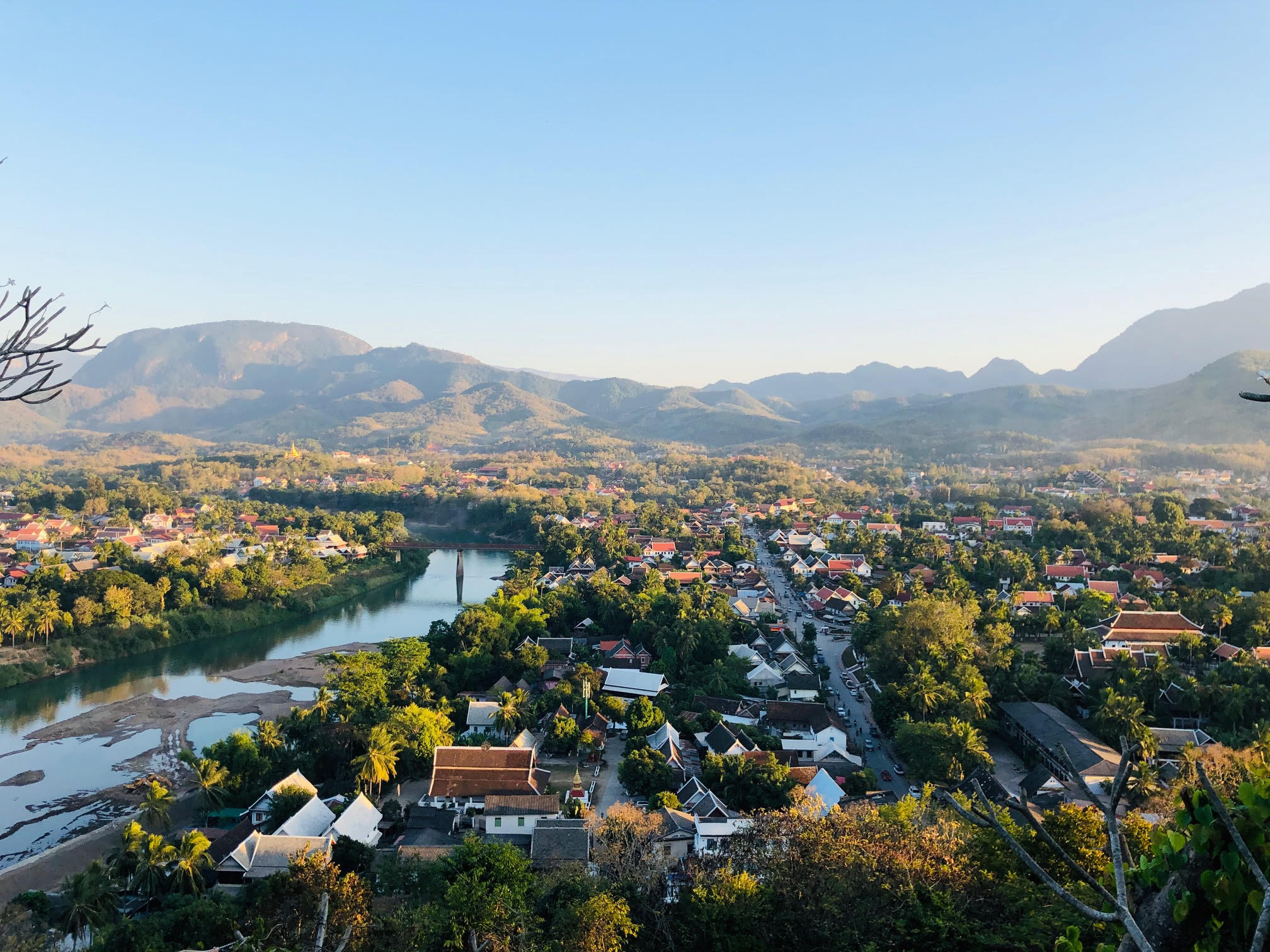
The Urban Mekong Corridor Dialogue is a pioneering programme under the Urban Mekong Corridor Initiative that focuses on connecting the region’s rapidly growing towns and cities for inclusive green development. It embodies a collective effort to address the multifaceted challenges of rapid urbanisation, environmental sustainability, and social equity across the region.
This project focuses on regulatory changes to embed Urban Expansion Planning in national policies, as well as creating local service providers to respond to a steady demand from cities for the services of trained practitioners.
It will also support a knowledge hub at leading urban planning institutions in both Uganda and Ethiopia to act as national centres of excellence.
Projects
This project facilitates inclusion through training, promotion of better job opportunities, and public services for vulnerable communities, working together with the local administration and private sector.
Enhanced Migration Resource Centres will provide voluntary registration and one-stop-shop job matching services to more migrants and displaced persons.
Targeted financial services will build entrepreneurship, and an upgraded public market will ensure greater hygiene services and security for traders.
Modern medical equipment will enhance maternity services at the local health clinic, and a public health campaign will increase awareness of reproductive and mental health – an under-served need, particularly among youth migrants and the displaced.
This project is an innovative cross-border partnership between academia, all levels of governance (local, regional, and central), and the private sector in cities of the Berbera Corridor (Jigjiga and Hargeisa).
The activities cover job matching, skills development, business incubation, engagement of the diaspora for local investment, and engagement of the local government for job creation and public services such as environment and sanitation.
The project includes cooperation with a dedicated women’s empowerment organisation, which will drive gender-sensitive activities relevant to localities along the Berbera Corridor.
This innovative project promotes economic opportunities and financial inclusion of poor migrant and host community households in Guatemala, especially people of Mayan descent.
It is a collaboration between Inter-American Dialogue (IAD), eight municipalities in Amatitlán and San Marcos Department, four financial
partners, and four public schools.
This project aims to promote economic inclusion of rural-urban migrants and poor host communities along the migration corridors surrounding the municipalities of Kairouan, Medenine, and Tataouine.
It focuses on collaborative approaches with the private sector and public authorities and adopts an integrated territorial development approach that emphasises a more equitable distribution of employment opportunities and municipal services.
This project provides access to financial services to refugees, IDPs, and vulnerable host communities residing in cities in the West Nile region, with the goal of integrating them into the labour market and improving the provision of basic services.
It also aims to empower local and refugee-led organisations and foster dialogue among local authorities, the private sector, and civil society on key issues for greater social cohesion.
This project scales up interventions in Jinja and its surrounding areas to enable greater access to decent work opportunities and quality basic municipal services for migrants and vulnerable host communities.
It emphasises collaborative approaches with private sector actors to enhance efficiency, scale, and sustainability of interventions. The project will also pilot digitalisation of financial and municipal services.
